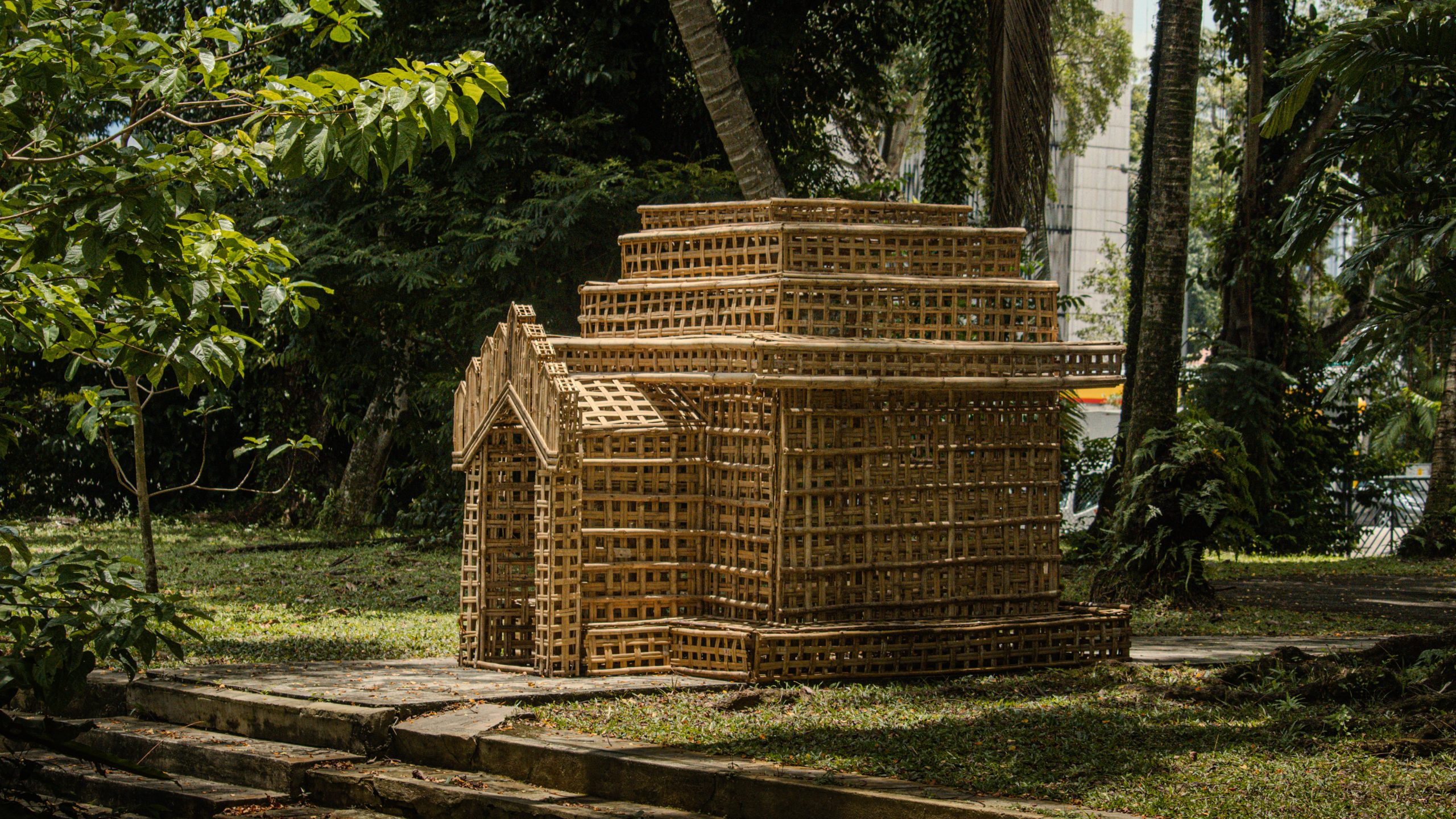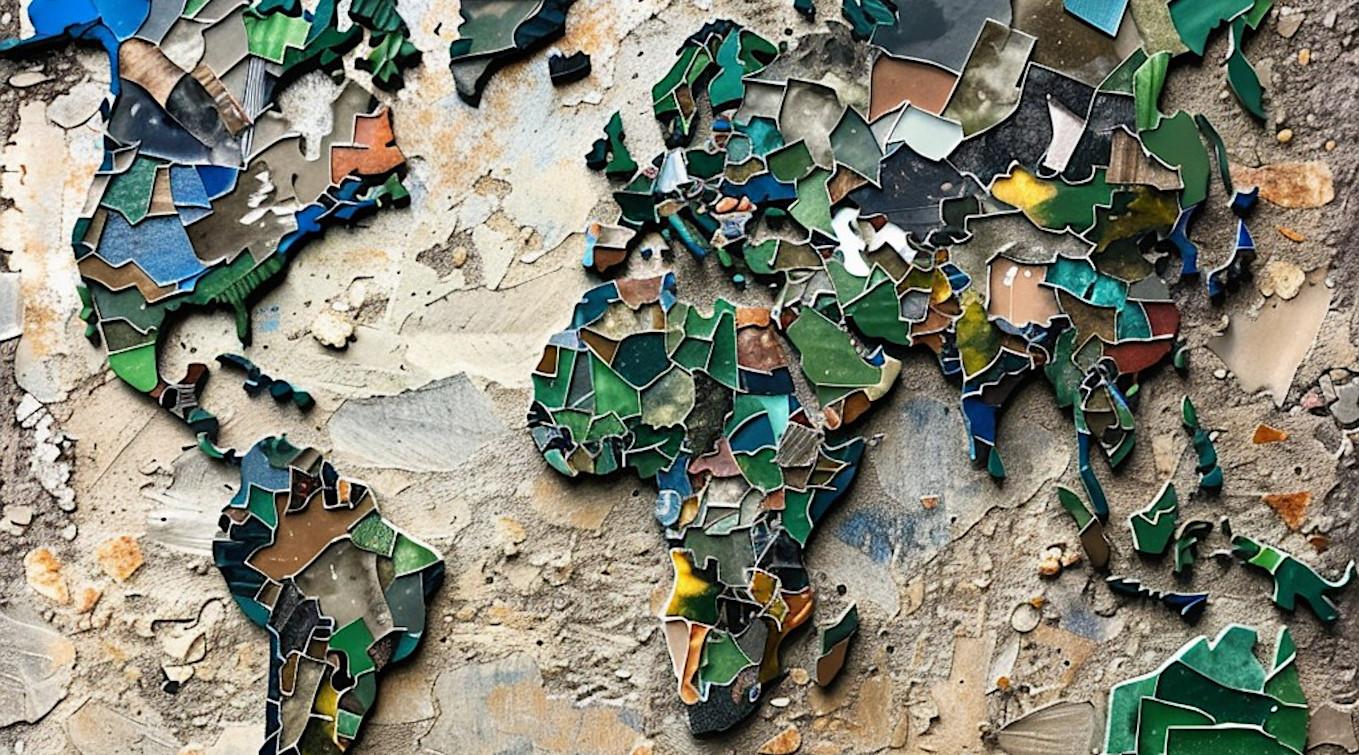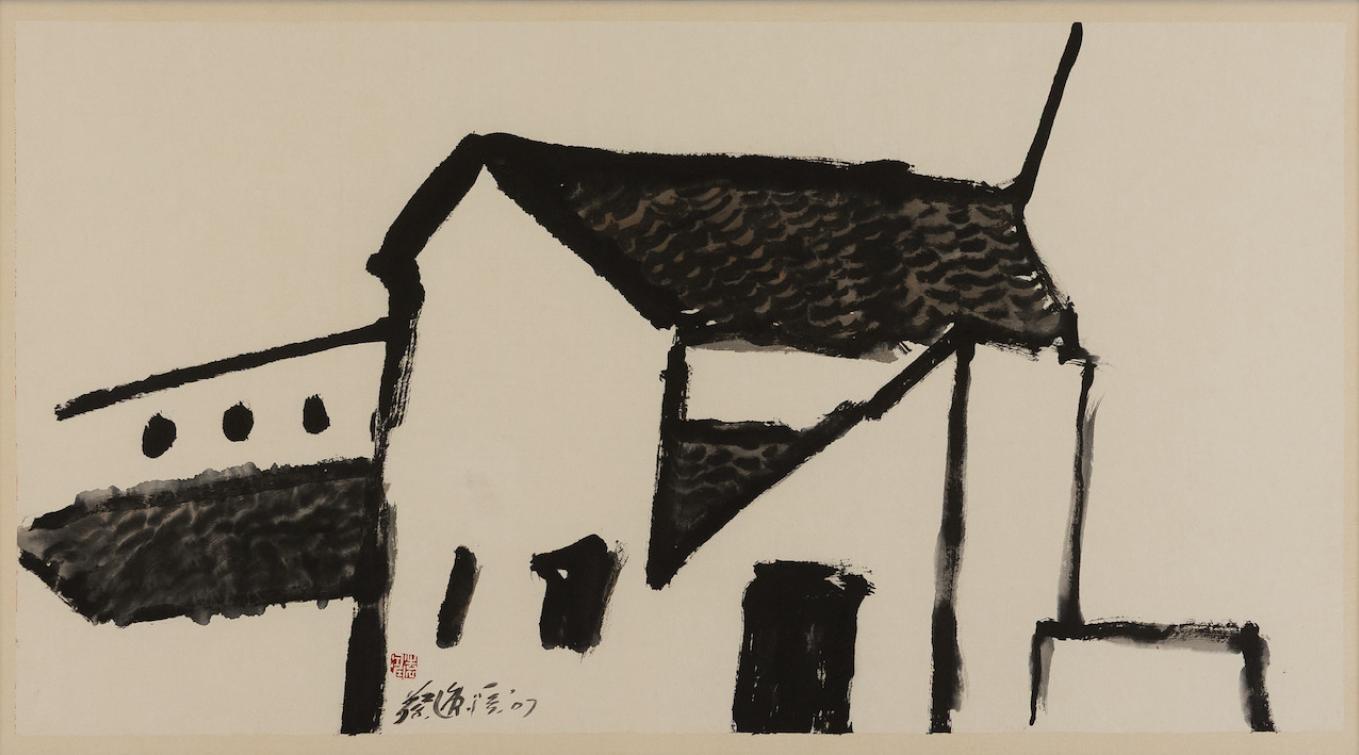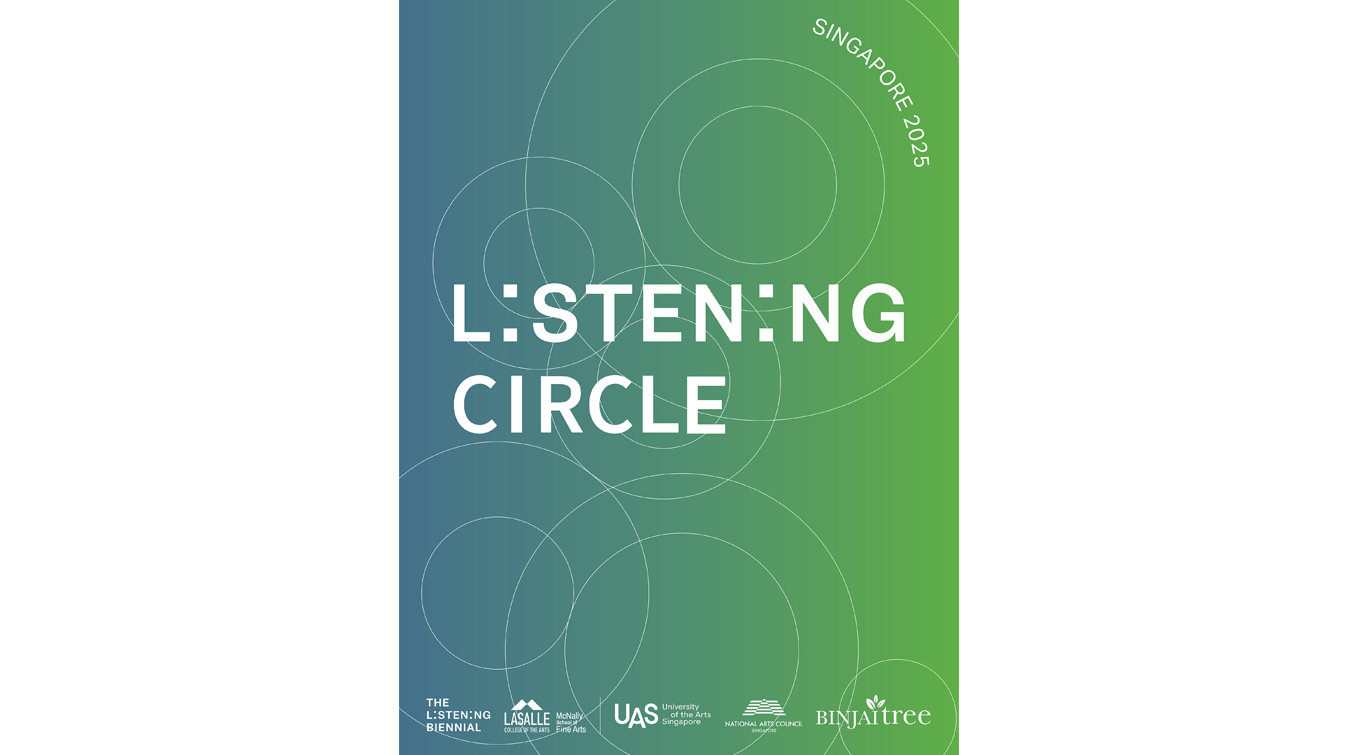How do colonial legacies continue to influence cultural management practices today, and what are the key strategies for dismantling these influences?
In recent years, the global cultural landscape has undergone significant shifts, driven by growing awareness of historical injustices and the need for equitable cultural representations. The concept of ‘decolonising cultural management’ has emerged as a critical framework for addressing these issues and fostering inclusive practices in the arts and cultural sectors.
In conversation with Avril Joffe, UNESCO Chair in Cultural Entrepreneurship and Policy, this forum will examine the colonial legacies that have shaped cultural institutions and practices, discuss the ways in which power imbalances perpetuate systemic inequalities within the cultural sector, explore the importance of diverse voices and perspectives in cultural programming and leadership, recognising and valuing indigenous cultural practices and traditions, as well as examine strategies for decolonising cultural institutions and practices. By doing so, the forum seeks to contribute to a more just and equitable cultural landscape that reflects the diversity of human experiences.
The forum will also offer a preliminary framework for developing an edited collection that will capture the insights and contributions of the participants in collaboration with colleagues from Asia Pacific, Africa and Americas.
The session is moderated by Dr Natalia Grincheva.
About the speaker
Avril Joffe is an associate researcher and UNESCO Chair in Cultural Entrepreneurship and Policy in the Cultural Policy and Management Department at the Wits School of Arts, University of the Witwatersrand in Johannesburg. She is an economic sociologist with independent professional research experience in the field of cultural policy, culture and development and the cultural economy.
Avril works at the intersection of academia and practice in fields such as culture in urban life, culture and the cultural economy in realising a just and sustainable development, fairness in international cultural cooperation, decent work and the rights and status of artists and cultural professionals as well as teaching pedagogy for post graduate studies in the cultural economy.
Avril is an active member of UNESCO’s Panel of Experts for Cultural Policy and Governance, the Global Creative Economy Council, the International Cultural Relations Research Alliance and on the external international advisory panel for the Horizon Europe programme IN SITU–Place-based innovation of cultural and creative industries in non-urban areas coordinated by the Centre for Social Studies at the University of Coimbra, Portugal.
Recent public research related to inequality includes Informality and the cultural economy in the Global South, the Not a Toolkit for EUNIC’s Fair Collaboration project, Promoting Decent Work for the African Cultural and Creative Economy for the ILO and China’s Institutional Cultural Engagement in Africa for Institut für Auslandsbeziehungen.









